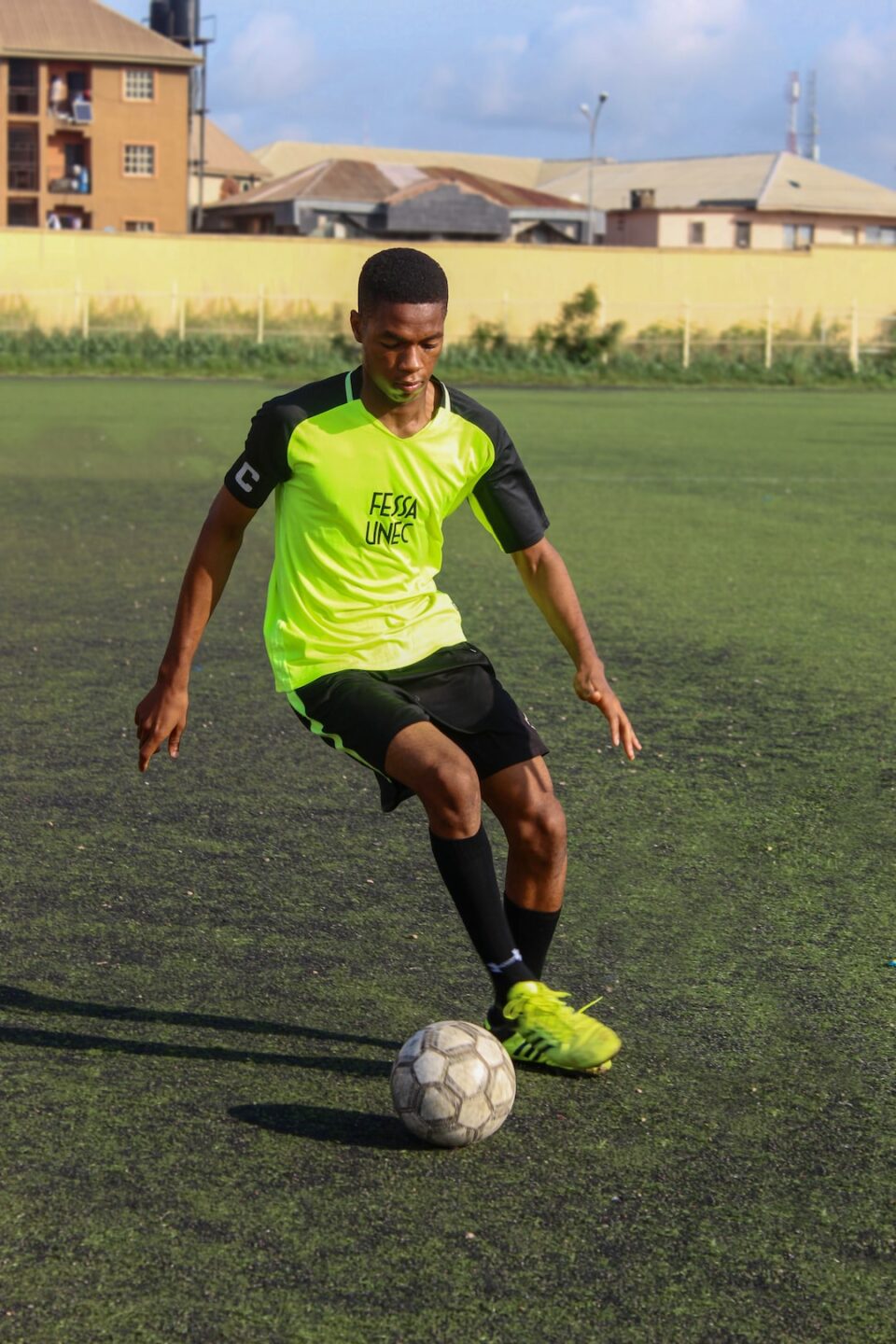10 Nutrition Tips for Athletes to Boost Performance
Proper nutrition is essential for athletes to perform at their best. Eating the right foods and fueling your body with the necessary nutrients can enhance your energy levels, improve your recovery, and optimize your overall athletic performance. If you’re looking to take your athletic abilities to the next level, here are 10 nutrition tips to help you achieve your goals.
1. Fuel up with carbohydrates: Carbohydrates are the primary source of energy for athletes. Include whole grains, fruits, vegetables, and legumes in your diet to ensure you have enough carbohydrates to sustain your training sessions. Consuming carbohydrates before, during, and after exercise can enhance glycogen storage and prevent fatigue.
2. Prioritize lean proteins: Proteins are crucial for muscle repair and growth. Include lean sources of protein like chicken, fish, lean beef, tofu, and eggs in your meals. Aim for around 1.2-2.0 grams of protein per kilogram of body weight daily to support optimal muscle recovery and development.
3. Stay hydrated: Dehydration can negatively impact your athletic performance. Drink water throughout the day, and consume fluids before, during, and after exercise to maintain proper hydration levels. If you participate in intense or prolonged workouts, consider sports drinks that provide electrolytes for replenishment.
4. Don’t skip breakfast: Breakfast is the most important meal of the day, especially for athletes. It kickstarts your metabolism and provides you with the energy needed to perform optimally. Include a combination of carbohydrates, proteins, and healthy fats in your breakfast to fuel your body for the day ahead.
5. Load up on fruits and vegetables: Fruits and vegetables are rich in vitamins, minerals, antioxidants, and fiber. These nutrients not only support overall health but also aid in recovery and reduce inflammation. Include a variety of colorful fruits and vegetables in your diet to ensure you’re getting a wide range of essential nutrients.
6. Consume healthy fats: Healthy fats are a vital part of an athlete’s diet. They provide energy, support cell growth, and aid in hormone regulation. Include sources of healthy fats like avocado, nuts, seeds, olive oil, and fatty fish in your meals. However, avoid excessive consumption to maintain a balanced diet.
7. Time your meals: Meal timing is crucial for athletes. Eating a meal or snack containing carbohydrates and proteins within 30 minutes after exercise can enhance muscle recovery. Additionally, spacing out your meals throughout the day can help maintain energy levels and prevent overeating during larger meals.
8. Be mindful of supplements: While supplements can be beneficial for some athletes, they should never replace a balanced diet. Consult with a registered dietitian or sports nutritionist to determine if specific supplements are necessary for your performance goals.
9. Monitor your portion sizes: It’s essential for athletes to maintain a healthy body weight. Be mindful of portion sizes and listen to your body’s hunger and fullness cues. Overeating or undereating can hinder your athletic performance and overall health.
10. Experiment and listen to your body: Every athlete is unique, and what works for one person may not work for another. Experiment with different foods, meal timings, and nutrient compositions to find what works best for your body. Pay attention to how your body responds to various foods and adjust accordingly.
Final Words:
Proper nutrition plays a significant role in an athlete’s performance. By following these 10 nutrition tips, you can optimize your energy levels, enhance your recovery, and improve your overall athletic performance. Remember that a balanced diet, coupled with a consistent training regimen, is the key to unlocking your full potential as an athlete. Listen to your body, stay disciplined, and watch your performance soar to new heights.

